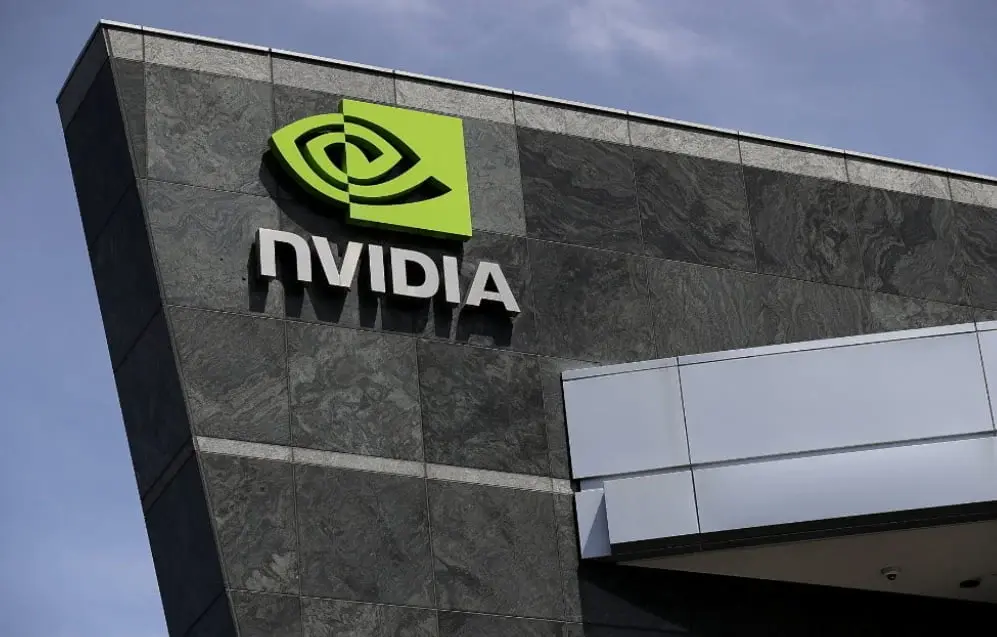Nvidia Collaborates with US Government to Navigate Export Controls
California-based AI semiconductor designer Nvidia, which holds over 90% of China's $7 billion AI chip market, is working closely with the US government in an effort to navigate complex US export controls. The company aims to ensure that its new chips designed for the Chinese market comply with the latest export curbs imposed by the United States.
Nvidia CEO Jensen Huang confirmed the ongoing collaboration with the US government during a news conference in Singapore. He emphasized the company's commitment to creating products that adhere to regulatory requirements and specified limits. Although Huang did not confirm or deny reports of a delay in the launch of a new China-focused AI chip, he acknowledged the challenges Nvidia faces in navigating the shifting regulatory landscape.
Potential Impact on Chinese Market
The new US curbs on chip exports are expected to open doors for Chinese rivals in the AI chip market. In response, Nvidia has reportedly notified Chinese customers of a delay in the release of a China-focused AI chip. This move highlights the challenges the company faces in complying with the evolving regulations.
Huang also recognized Huawei Technologies as a formidable competitor and revealed that seeking market advice is an integral part of Nvidia's ongoing process. The company's November earnings report warned of a substantial drop in fourth-quarter sales in China due to the impact of the new US rules. The uncertainty surrounding the extent of change in Nvidia's revenue adds complexity to the situation, as China traditionally contributes around 20% to the company's earnings.
Collaboration with Singapore and Growing Importance of AI in Southeast Asia
Simultaneously, Nvidia is in talks with Singapore for potential significant investments. The company is collaborating with Singapore on the development of its own AI Large Language Model (LLM) named Sealion. Singapore, known for its vibrant AI ecosystem, has also announced a $52 million initiative to create Southeast Asia's first LLM, showcasing the region's growing importance in the global AI landscape.
High-Stakes Nature of Semiconductor Technology in US-China Relations
These developments come in the wake of US Commerce Secretary Gina Raimondo's recent appeal to Congress for additional funding beyond her $200 million budget. Raimondo emphasized the critical nature of denying China access to cutting-edge chips for national security, citing Nvidia's chip redesign for the Chinese market as a prime example. The call for increased resources underscores the high-stakes nature of semiconductor technology in US-China relations and the ongoing challenges faced by industry players like Nvidia.


Leave a Reply